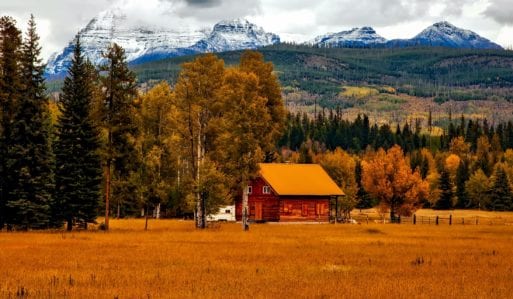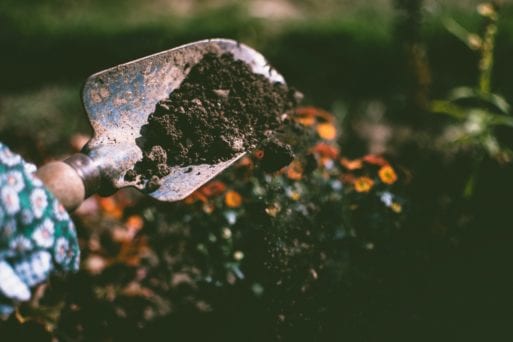
This year, Colorado became the second U.S. state to legalize human composting.
In May, Colorado Gov. Jared Polis signed a bill that will allow people to compost their loved ones’ remains rather than burying or cremating them. The law will take effect in the coming months, while funeral homes will likely need considerably more time to make necessary adaptations before offering the process.
“What can be more personal than the right to decide how your body is dispensed with after death,” Polis said in a statement to The New York Times. “This bill empowers individuals with another choice.”
Human composting has been gaining popularity across the nation. Since Washington state passed its bill in 2019, lawmakers have proposed similar legislation in Oregon, California and New York. One company in Washington, Recompose, has begun offering human composting services there.
Recompose Makes Human Composting Possible

Soil gleaned from human composting can be blended into gardens or forests.
According to its website, Recompose uses “natural organic reduction to gently transform human remains into soil.” The company surrounds the body with wood chips, alfalfa and straw before encasing it in a special vessel and topping it with more plant material, after which it’s left for thirty days. After the soil — typically one cubic yard per body — is removed and cured, it can be used “to enrich conservation lands, forests, or gardens,” the website said.
Founder and CEO Katrina Spade told the New York Times that individuals in Colorado were interested in Recompose, and that “there is an ethos of ecological love and respect in the Denver area and in Colorado broadly, everywhere from the mountains to the farming that happens around the state.” Separately, Spade has designed a system called the Urban Death Project in which bodies could be recomposed in a structure that serves as a joint funeral home, public park and memorial.
Under the Colorado law, the soil cannot be sold, used to grow food for human consumption, mixed with the soil of another person during the process, or blended with that of another person without express permission once the process is complete.
“When people pass away, they can feel like they lived in Colorado,” Rep. Brianna Titone, the Democrat who proposed the legislation, told the Denver Post. “And they can give back to Colorado and help the earth.”

 Colorado Makes Human Composting Legal
Colorado Makes Human Composting Legal


 Our Annual Seven Holiday Gifts for Someone Who Is Grieving, 2024 Edition
Our Annual Seven Holiday Gifts for Someone Who Is Grieving, 2024 Edition
 “Making Mobiles” by Karolina Merska
“Making Mobiles” by Karolina Merska
 “Hands Up to the Sky” by Michael Franti & Spearhead
“Hands Up to the Sky” by Michael Franti & Spearhead














